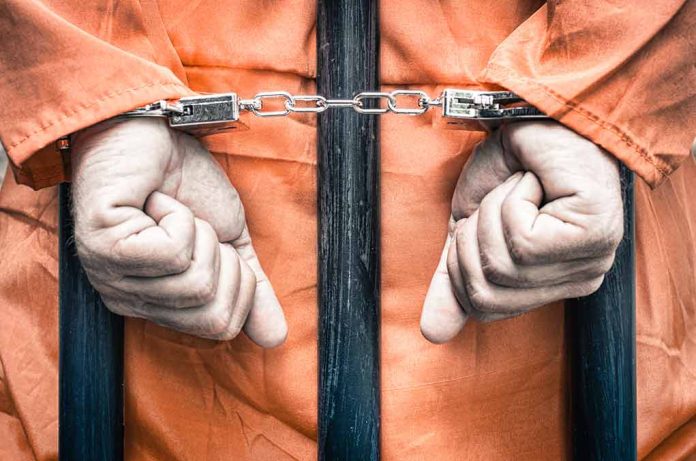
Ollanta Humala, former Peruvian President, faces a prison sentence that underscores a broader dialogue on data privacy rights in the digital era.
Key Takeaways
- Ollanta Humala and his wife received a 15-year prison sentence for laundering money from Odebrecht and the Venezuelan government.
- The funds were reportedly channeled into Humala’s 2006 and 2011 presidential campaigns.
- Data privacy rights demand user control over personal data in digital spaces.
- Transparency and clear privacy settings are crucial for responsible data management by users.
- Data collection processes aim to enhance service quality and tailor marketing content to users’ preferences.
Ollanta Humala’s Legal Troubles
Former Peruvian President Ollanta Humala and his wife, Nadine Heredia, face significant legal penalties with their recent conviction. They were found guilty of laundering substantial funds received from the Brazilian construction company Odebrecht and Venezuela under Hugo Chavez and have been sentenced to 15 years in prison. These funds were pivotal in financing Humala’s 2006 and 2011 presidential campaigns. In total, they are accused of moving $3 million from Odebrecht and $200,000 from the Venezuelan government.
The conviction follows a trial period beginning in 2022, nearly six years after investigations unearthed the allegations in 2015. Humala, a one-time military officer and former president from 2011 to 2016, is the latest in a line of Peruvian leaders to face legal repercussions for corruption. His endeavors to appeal the decision highlight ongoing strife while reflecting on advocacy for transparent governance.
— J Michael Waller (@JMichaelWaller) March 18, 2025
The Role of Data Privacy
In a world becoming increasingly dependent on digital platforms, safeguarding data privacy has never been more critical. Websites routinely collect personal data to refine their services and aim marketing efforts at consumer needs. However, this collection necessitates transparency and control. Users deserve the right to manage their personal data, often detailed in privacy notices and cookie policies.
Giving users accessible privacy settings ensures they understand how their data is used, empowering them to take control. By being proactive and transparent, companies can build trust while honoring user rights, creating a safer digital environment for all.
Legal Implications and Public Perception
The extent of the Odebrecht scandal is not isolated to Humala and his wife. It highlights systemic issues of corruption affecting several key political figures in Peru, with Odebrecht admitting to numerous bribes over extended periods.
This case, intertwined with Humala’s ongoing appeal and broader governmental integrity themes, demands public and political engagement. With an eye on combating corruption, citizens increasingly call for accountability and transparency in public office.
A Call for Systemic Change
While reflecting on scandals implicating high-profile leaders, societies must address how political institutions handle corruption allegations. By instituting robust checks, various issues around transparency and integrity can be tackled effectively.
Ultimately, as digital spheres evolve, fostering principles that emphasize individual data privacy will become more important. Strengthening data protection laws and user rights can establish a resilient foundation for a trustworthy digital future.




